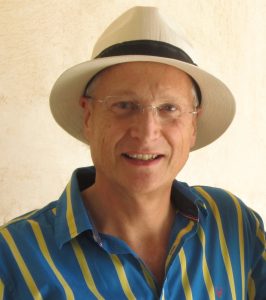 Summer in the Gulf gets quite warm. “Trailing spouses” (yes, that is the official visa term from the Ministry of Labour) tend to migrate north for the summer. Those of us working have to dash from one air conditioned environment to another. It is easy to gauge the humidity – on stepping outside one’s glasses mist up literally instantly, like a switch being thrown. It makes walking to the car almost as hazardous as the middle eastern roads themselves.
Summer in the Gulf gets quite warm. “Trailing spouses” (yes, that is the official visa term from the Ministry of Labour) tend to migrate north for the summer. Those of us working have to dash from one air conditioned environment to another. It is easy to gauge the humidity – on stepping outside one’s glasses mist up literally instantly, like a switch being thrown. It makes walking to the car almost as hazardous as the middle eastern roads themselves.
A pipe fitting in our rented apartment had burst. This was discovered when water started running along the corridor and down the stairs.
So I was enjoying a family break in France when I received an email from our Bahraini landlord. A pipe fitting in our rented apartment had burst. This was discovered when water started running along the corridor and down the stairs. By this point the entire apartment had probably been flooded to an inch or so for a couple of days.
So I jump on the next available plane and come home. Our financial and personal documents, so carefully organised in a concertina file on the floor, had not fared well. Our nice rugs, bought at the souq for a quarter of their London price, were not so good either. The wood laminate floor was like soggy cardboard. And I was surprised how quickly mould can grow in the Gulf heat.
So I have spent an interesting week in a hotel room, recovering our personal documents with a hair dryer. My landlord has now moved me into a friend’s empty apartment in another part of town. So I show up there, but someone is parked in my parking space – I have to find somewhere to park outside until that is sorted out. Oh, and the air con in the apartment has not been serviced for a while and by nightfall the temperature is still too hot for sleep. So, let’s face it, 3,000 miles from my wife and family, in a hot apartment away from my friends, with my damaged stuff to sort out, I feel a bit sorry for myself.
And that is where I am wrong.
Last year when I took students to Lesotho via South Africa I saw the conditions in which millions of the world’s population live. From shanty towns to block built huts with tin roofs which we would not use to garage a car. The smiling kids running alongside on the dirt roads, the older kids walking with heavy plastic containers from the nearest water source. The overwhelming tide of poverty and pathology with so little medical care available.
We looked down over a valley of tents and shanty huts as far as the eyes could see, filled with the refugees from the conflict in Syria and Iraq.
Or again, as tourists in Jordan our driver stopped on the road between Amman and Jerash and we looked down over a valley of tents and shanty huts as far as the eyes could see, filled with the refugees from the conflict in Syria and Iraq. We had the privilege of spending half a day with a remarkable Christian pastor whose church has responded by opening up free schooling, medical and dental services for the refugees. And, crucially, craft workshops so these displaced people can start to win back some income and hope for the future.
This school is impressive. The facilities would not pass muster with Ofsted, but the openness and care shown to the kids is amazing. On the wall is a big poster written in marker pen: “Children need to be listened to. Children need to be hugged. Children need to hear ‘well done!’ etc”. Alongside normal cheerful classroom activity the teachers help the kids to process their experiences using side by side drawings. On the right side (in Arabic books you start on the right) you see heart breaking stick men pictures of bombings, shootings, corpses, violence and tears. On the left side you see happy faces, families, houses and sunshine, with “I like being in Jordan”, or similar, in childish letters.
Migrant workers literally queue up to come here. They live on a bare minimum and send most of their wages home to their families.
Or just coming home to Bahrain. Sometimes it feels as if Bahrain is one huge building site. The Bahraini government has been seeking to improve the lot of the “migrant workers” from the Asian sub-continent and Far East who build the apartments and roads and act as house maids and nannies. There are labour laws giving the workers protection and they are treated better than in some other parts of the Gulf. I have visited migrant workers’ dwellings. Let’s just say that they are not up to my usual hotel experience in this region. And they certainly don’t earn what a labourer would earn in the west. And yet migrant workers literally queue up to come here. They live on a bare minimum and send most of their wages home to their families. After 3 or perhaps 5 years here they will have saved enough to send a couple of kids though school, or built a small house in their village, or be able to start a small business. Most will not see their families for the whole time they are here. If they are prepared to live with so little and work outdoors in the Gulf heat what does this tell you about their options back home?
So. I’m stuck in an apartment I don’t want to be in, a good 5°C hotter than is comfortable, I’ve lost some stuff, and I haven’t seen my wife or family 3,000 miles away in two weeks. I’m a lucky guy.

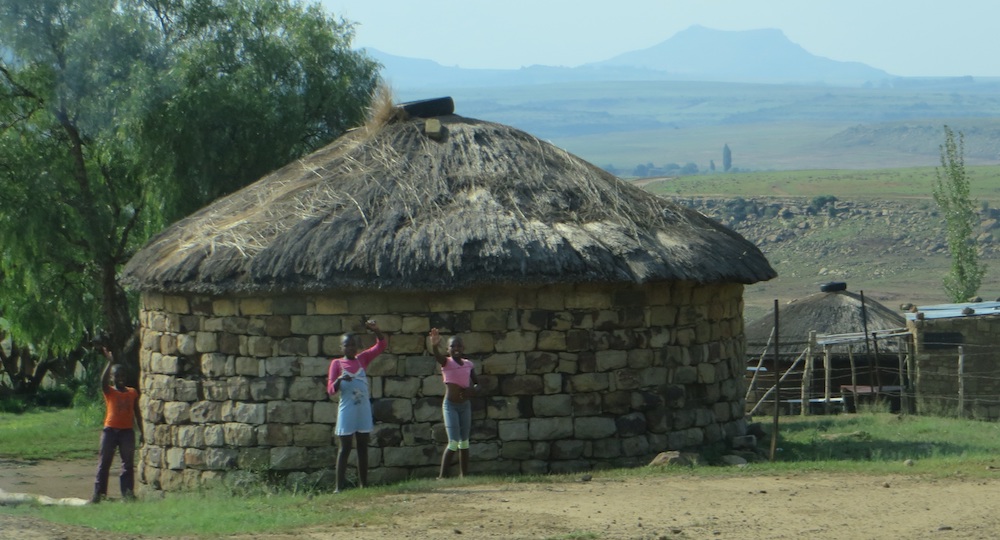
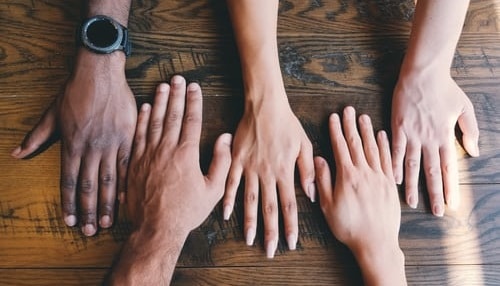
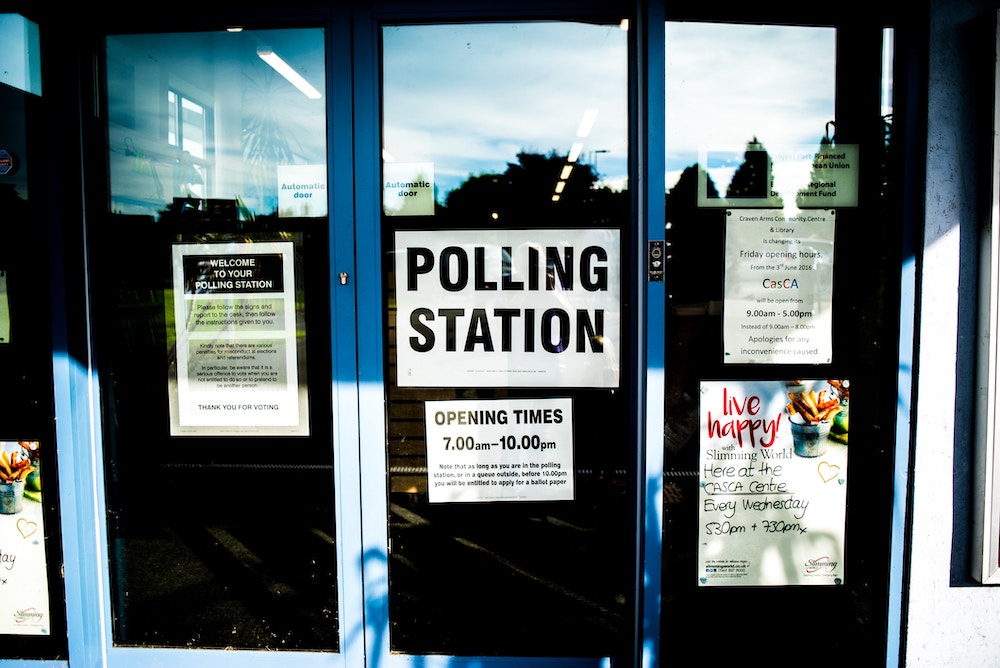

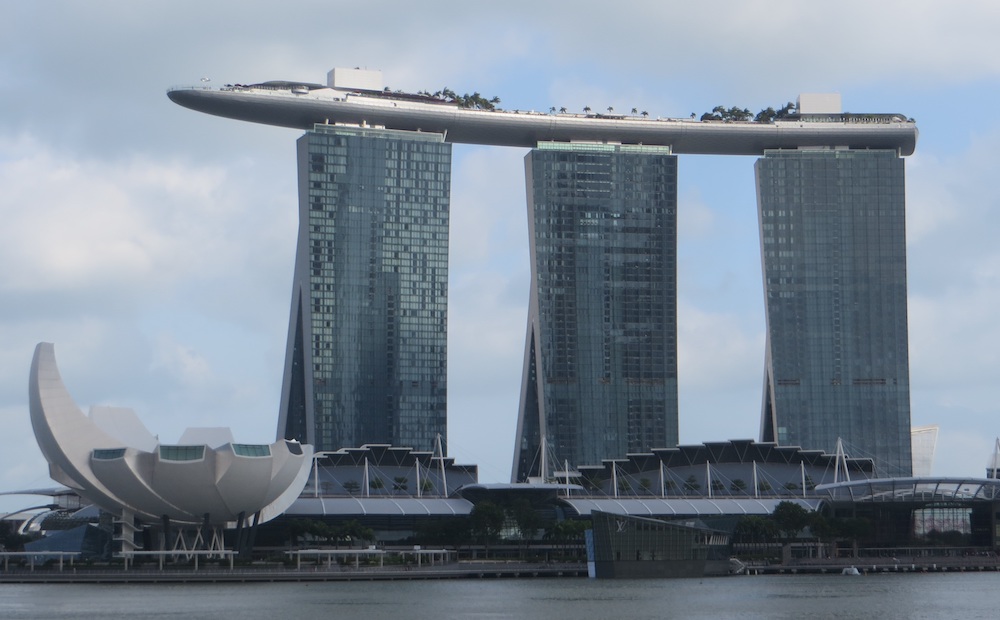

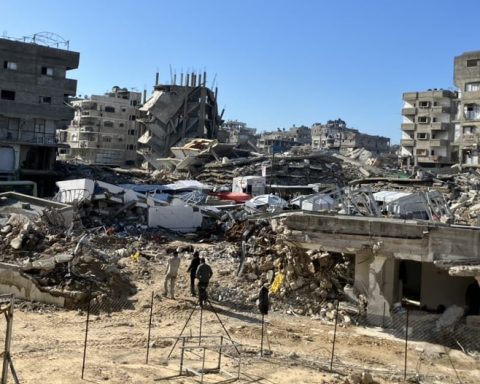
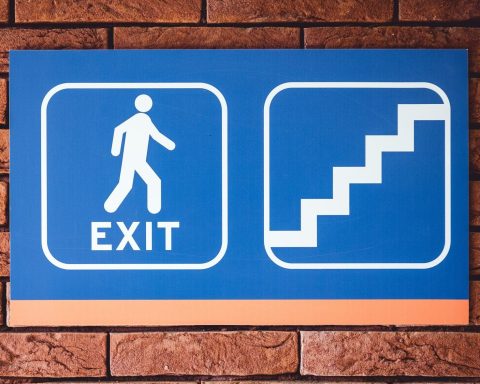

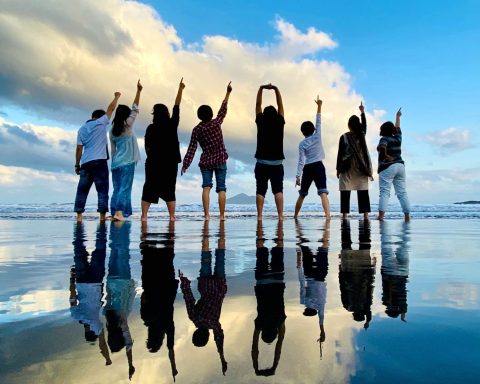
5